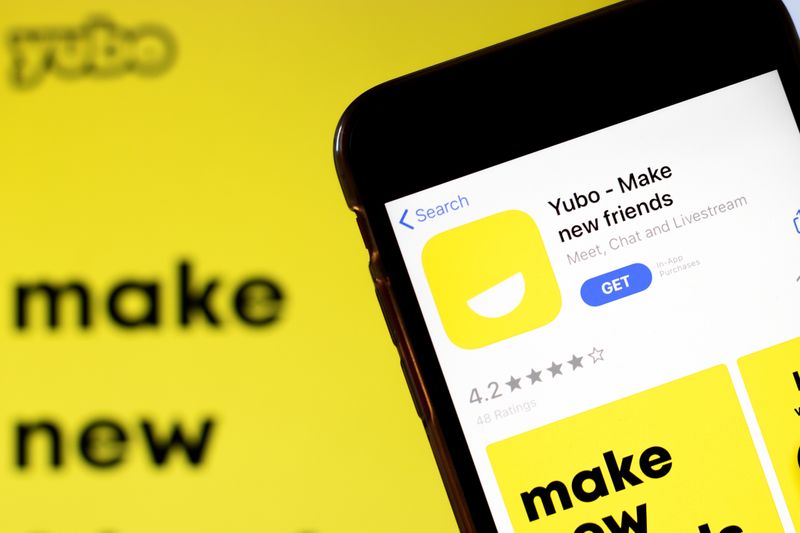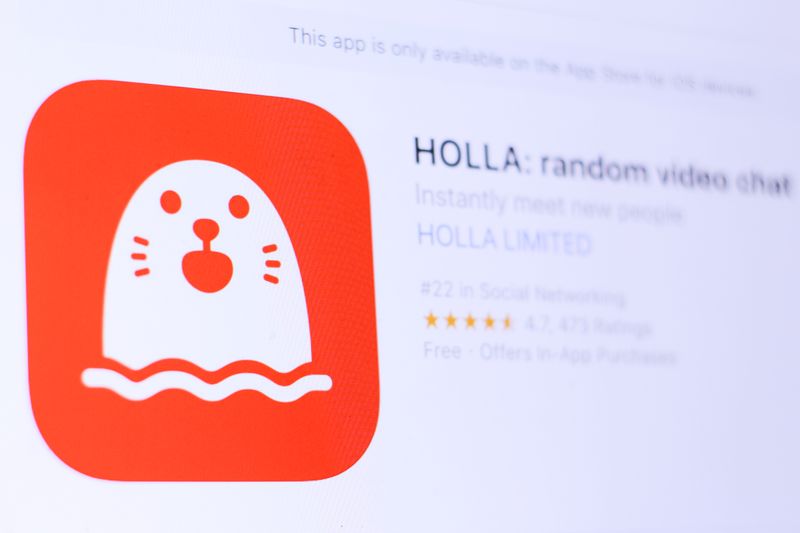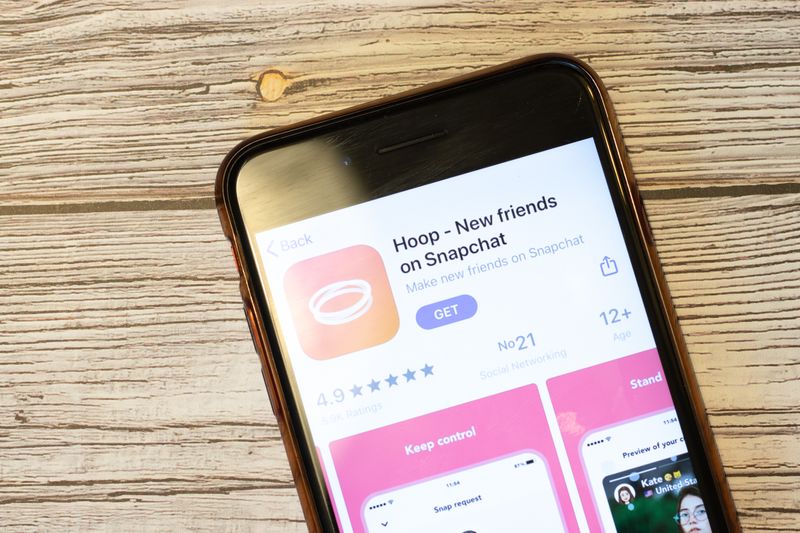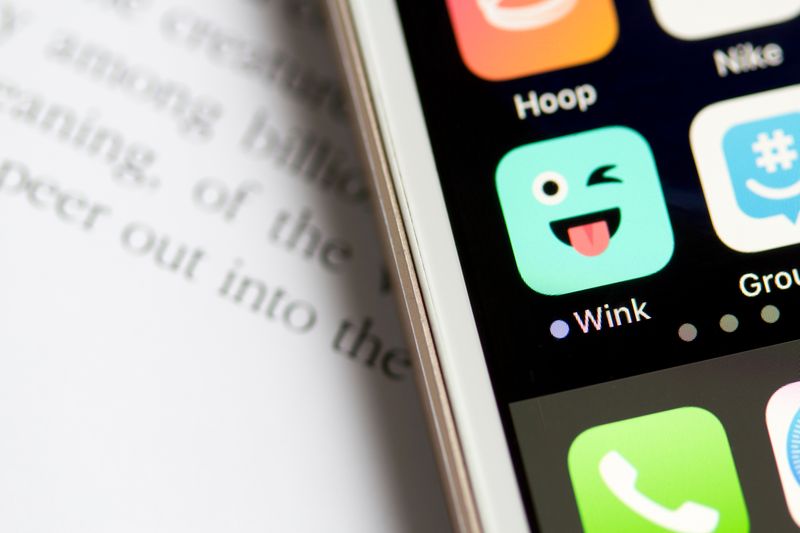When digital awareness consultant and speaker Barry Lee Cummings from Beat The Cyber Bully talks to schools about online safety, he can always count on one thing.
When he asks a room full of teachers and parents to identify some of the top apps that kids are using today, almost none of them has ever seen them before.
When he asks the same question to the children, not only are most of the kids aware of them – many are using them already.
But although these apps may be just a bit of fun for an older teen or adult to use, they are problematic for younger children, exposing them to adult themes and making them vulnerable to online predators in a way that such little kids are too young to fully understand.
And if we as the parents aren’t at least aware of them, we won’t be able to protect our children properly.
“It’s very common for children to use apps that parents don’t know about without their knowledge,” says Cummings, a digital marketing expert who has worked with all of the major social networking sites, and now educates students and parents in the UAE on cybersafety, cyberbullying prevention, cybersecurity and online reputation. “To the point where they are also using vault applications on their devices to hide the icons of said apps, so that if a parent did a cursory glance of their device, they wouldn’t even see anything that might raise a red flag.”
The recommended age for most of these kinds of apps is 13, or sometimes 18, “but we know first-hand that we often have 8, 9 and 10-year-olds on these apps,” says Cummings. “It’s actually quite shocking for some of the teachers in schools when I deliver my awareness sessions and ask the younger grades who is on these apps or similar ones and they see how many hands go up.”
If your child has his or her own electronic device, it’s important to be aware of the apps they may be using, or tempted to use, and how you can best protect them when they are online. Barry Lee Cummings talks us through some of the top apps being used by many younger kids today and what parents need to be aware of:
Yubo

Image Credit: Shutterstock
“This app is sometimes referred to as the ‘Tinder for Teens’. If you are not familiar with Tinder it’s a dating app, for adults, with adult themes and its main function is to help consenting adults find each other.
“Yubo was formerly known as ‘Yellow’ and was released back in 2015 – its function is to allow friends and family to live stream with up to 10 people as well as allow Snapchat users to meet ‘friends’ in their area, which is where the Tinder for Teens comes into play. You swipe left and right to connect, and if you both swipe right you can then chat to each other.
“This opens the door to the potential to meet strangers and possibly predators, putting kids at risk of oversharing with these new found ‘friends’ and also at risk of exposure to adult content. Although the app’s users are supposed to be over 13 years old but we all know our 8, 9 or 10-year-old knows how to fudge the date to make them older.”
Holla

Image Credit: Shutterstock
“This connects users with strangers to video chat. Holla is an app that is definitely not for children, but there are a lot of children on it.
“The red flag for parents with this app is the ‘stranger’ element. It’s designed to have you find people you don’t know and video chat with them. This very concept is a hot bed for predators, trolls and inappropriate content when used by a child.
“It encourages users to share a lot of personal information to sign up, and has an 18 years and over age limit. Having said that, there is no age verification function in the app, so again easy for a 14-year-old to make themselves 18 with a new birthday.”
Bitlife
Image Credit: Supplied
“Bitlife has the tagline, ‘control somebody else’s life’. This is a simulation game whereby users decide what actions their character will take when going about their day. The user can choose for their character to either make good choices like going to the gym and being healthy, or to make bad choices like killing their neighbour, taking drugs and ‘hooking up’. You don’t actually see the actions but you are exposed to the ideas and concepts as well as the ramifications of those actions.
“These kinds of topics would be best explained by parents rather than an app in our opinion. There are age restrictions that can be put in place and, while older teens may well understand the context of the tongue-in-cheek approach of the app, younger tweens probably won’t.”
Hoop

Image Credit: Shutterstock
“This helps users find new friends on Snapchat. Hoop is deeply integrated into Snapchat. You first have to link Hoop to Snapchat for it to work and you then are shown profiles and those you want to connect with you click the Snapchat icon to request the username. At the same time people are doing that to your profile and when you have a match you move into Snap to have a dialogue.
“The Tinder-esque dynamic for use is a worry as it encourages you to judge people based on superficial elements and also it really taps into the concept of sharing your personal data. The app encourages you to share your profile with more people (ie. strangers) and the more you do, the more you are rewarded within the app with points.”
Wink

Image Credit: Shutterstock
“This is another Snapchat feeder app – its sole purpose is to help you find other Snapchat users. This is due to the lack of Account search capability in Snap itself.
“The main issue I have with Wink is the propensity for it to be misused by predators. After all, the premise of this app is to make it easy for teens to share personal information with strangers. Tests have shown that someone setting an account up with an age of 13, almost immediately had contact from 20+ years olds requesting an add on Snapchat.
“A 25-year-old predator could set their age on their profile to 14 and set their search preference so they are shown profiles of 14-year-old girls first. The other red flag for parents of younger kids is the ability to set a preference to show profiles that are close to their immediate physical location.”
If you are concerned about your child’s online world and would like to be kept up-to-date with the latest innovations and potential risks to your child’s safety then Beat The CyberBully’s new app, Beat The CyberBully powered by CoBabble, keeps you informed, as well offering advice and recommendations on cybersafety from Barry Lee Cummings and his team.


